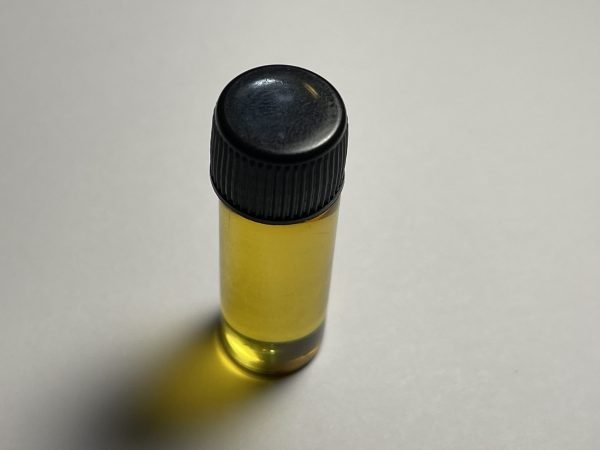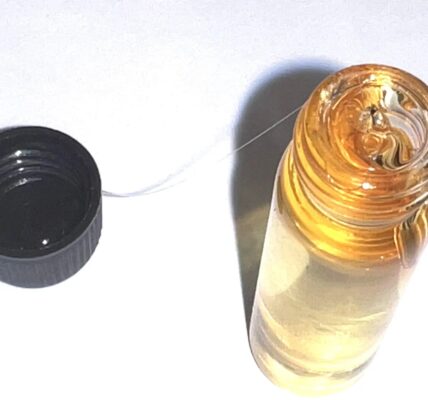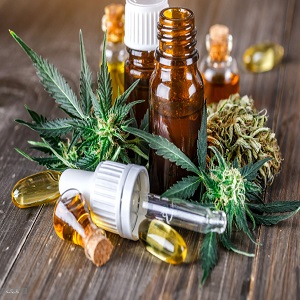In recent years, cannabidiol (CBD) has emerged as a promising compound in skincare due to its potential therapeutic benefits. CBD, derived from the cannabis plant, has gained attention for its purported anti-inflammatory, antioxidant, and antimicrobial properties. This article explores the growing body of research supporting the use of CBD in skincare, specifically its benefits for acne, eczema, and aging skin.
Understanding Acne:
Acne is a common skin condition characterized by inflammation, excess oil production, and the formation of pimples, blackheads, and cysts. Factors such as hormonal imbalances, genetics, and bacteria play a role in the development of acne. Traditional treatments often include topical creams, oral medications, and lifestyle changes.
CBD for Acne Treatment:
CBD has gained attention for its potential anti-inflammatory and sebum-regulating properties, making it a promising candidate for acne treatment. Studies suggest that CBD may help reduce inflammation associated with acne, inhibit sebum production, and prevent the formation of acne lesions. Additionally, CBD’s antimicrobial properties may help combat the bacteria that contribute to acne development.
Research Evidence:
Several studies have investigated the effects of CBD on acne-prone skin. A 2014 study published in the Journal of Clinical Investigation found that CBD inhibited sebum production and exerted anti-inflammatory effects on human sebocytes, the cells responsible for producing sebum. Another study published in the Journal of Dermatological Science in 2019 demonstrated that CBD reduced sebum production and exhibited anti-inflammatory properties in human skin samples.
Eczema and CBD:
Eczema, also known as atopic dermatitis, is a chronic inflammatory skin condition characterized by dry, itchy, and inflamed skin. It is believed to result from a combination of genetic, environmental, and immune system factors. Current treatments for eczema aim to alleviate symptoms and reduce inflammation, often through the use of topical corticosteroids, moisturizers, and lifestyle modifications.
CBD’s Potential for Eczema Relief:
CBD’s anti-inflammatory, analgesic, and moisturizing properties make it a promising option for managing eczema symptoms. Research suggests that CBD may help reduce inflammation, relieve itching, and improve skin barrier function in individuals with eczema. Additionally, CBD’s ability to modulate immune responses may contribute to its therapeutic effects in eczema management.
Scientific Studies:
Several studies have explored the efficacy of CBD in eczema treatment. A 2020 review published in the Journal of Dermatological Treatment highlighted the anti-inflammatory and immunomodulatory effects of CBD, suggesting its potential as a treatment for inflammatory skin conditions such as eczema. Another study published in the Journal of Clinical Investigation in 2019 reported that CBD reduced inflammation and improved skin barrier function in a mouse model of atopic dermatitis.
CBD for Aging Skin:
As we age, our skin undergoes various changes, including decreased collagen production, increased dryness, and the formation of wrinkles and fine lines. These changes are influenced by factors such as genetics, sun exposure, lifestyle habits, and environmental stressors. While aging is a natural process, skincare interventions aim to slow down the visible signs of aging and maintain skin health.
Anti-Aging Benefits of CBD:
CBD’s antioxidant, anti-inflammatory, and collagen-stimulating properties make it a promising ingredient in anti-aging skincare products. Research suggests that CBD may help protect the skin from oxidative stress, reduce inflammation, and promote collagen production, thereby improving skin texture, elasticity, and overall appearance.
Clinical Evidence:
Several studies have investigated the potential anti-aging effects of CBD on the skin. A 2019 study published in the Journal of Investigative Dermatology reported that topical application of pure CBD extract reduced skin aging signs in a UVB-induced photoaging mouse model. Another study published in the Journal of Clinical Investigation in 2014 found that CBD enhanced the expression of genes involved in collagen synthesis and reduced collagen breakdown in human skin samples.
Conclusion:
CBD holds promise as a therapeutic agent in skincare, particularly for conditions such as acne, eczema, and aging skin. Its anti-inflammatory, antimicrobial, and antioxidant properties make it a versatile ingredient in topical formulations. While further research is needed to fully understand the mechanisms of action and optimal dosing regimens, the growing body of evidence suggests that CBD may offer significant benefits for skin health and overall well-being.





